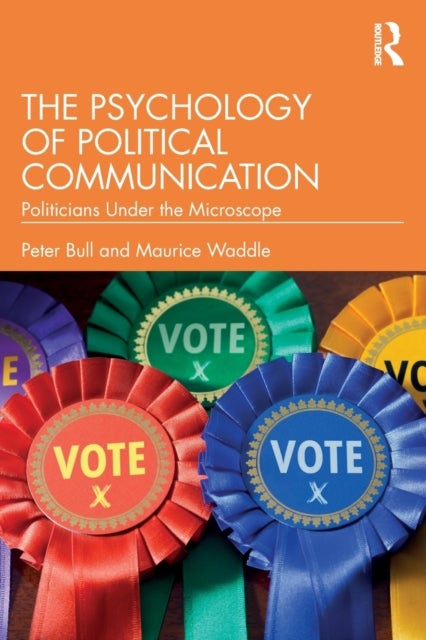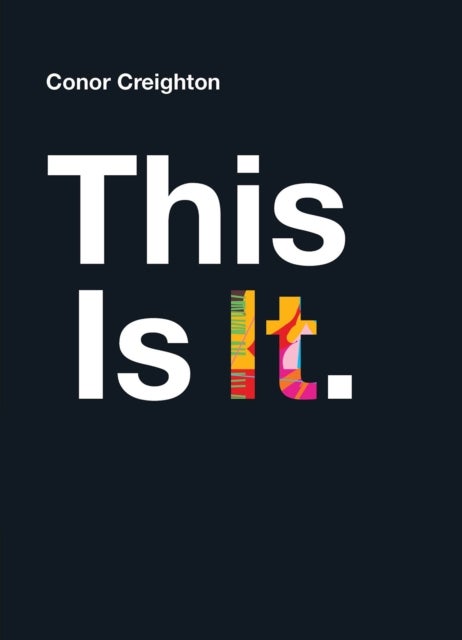
The Psychology of Political Communication av Peter Bull, Maurice Waddle
469,-
<P>Contemporary politics is mass-communication politics. Politicians are not only seen and heard, they are seen and heard in close-up through television appearances, speeches, interviews, and on social media. In this book, the authors analyse the ways in which politicians communicate with each other, the media, and the electorate; they also discuss the implications of contemporary political discourse on the democratic process as a whole. </P><P>Politicians in interviews are typically castigated for their evasiveness. However, microanalytic research shows that there is more to political discourse than this apparent ambiguity. This book reveals how equivocation, interruptions, and personal antagonism can offer valuable insights into a politician¿s communicative style. The authors review their empirical research not only on political interviews, but also on speeches, parliamentary debates, and political journalism. Further insights include how political speakers interact with their audien








